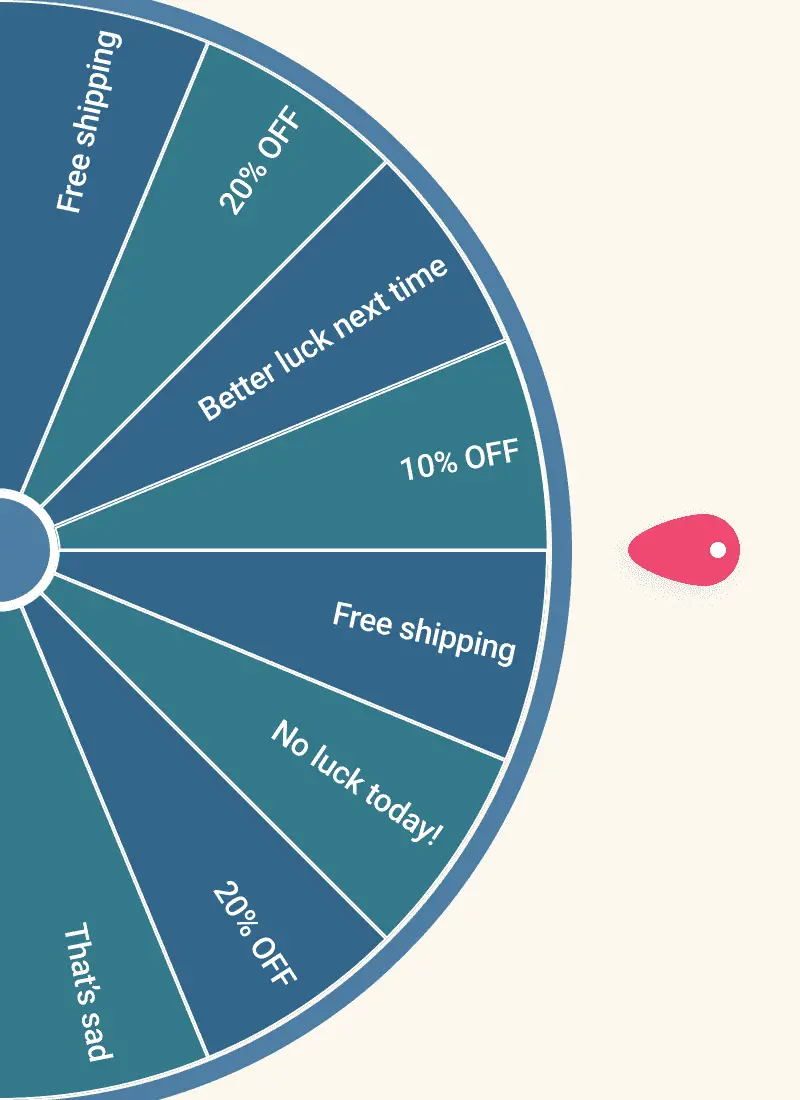Introduction: Understanding Shopify and WooCommerce
Shopify vs WooCommerce, In the rapidly evolving digital landscape, eCommerce platforms play a pivotal role for businesses aiming to establish an online presence. Two of the leading options available today are Shopify and WooCommerce. Both platforms provide unique functionalities and features that cater to a wide range of business needs, but they serve different audiences and operational styles. Understanding the nuances of each can greatly influence which platform is best suited for a particular business model.
Shopify vs WooCommerce
Shopify is renowned as a hosted solution well-suited for newcomers to the eCommerce world. It simplifies the process of setting up an online store, offering an intuitive interface that allows easy navigation for non-tech users. Its focus on providing a seamless, low maintenance ecommerce platform enables small business owners to manage their stores without diving deep into the intricacies of technical setup. Furthermore, Shopify frequently introduces advancements like social commerce integrations, including compatibility with platforms such as TikTok Shop, enhancing the breadth of sales channels available to users.

Conversely, WooCommerce operates as a plugin for WordPress, appealing primarily to those who are familiar with this content management system. It is a self-hosted solution, which offers greater flexibility in terms of customization. However, this can often lead to increased maintenance responsibilities and a steeper learning curve for beginners. While WooCommerce provides extensive potential for scalability and unique features, those looking for the quickest ecommerce solution for startups may find Shopify’s hosted environment more conducive to their success.
As we delve deeper into the comparison of Shopify vs WooCommerce for beginners, it is crucial to understand the foundational differences that may impact your decision. Each platform has its strengths and weaknesses, making it essential to evaluate their offerings in relation to your business goals.
Detailed Comparison: Shopify vs WooCommerce
When evaluating the best e-commerce platform for newcomers to the field, a detailed comparison between Shopify and WooCommerce reveals several critical aspects worth considering. Both platforms cater to different types of users, particularly focusing on relevance for beginners or small businesses.
Pricing: Shopify operates on a subscription model with different tiered pricing plans starting from $39 per month, which includes hosting and essential features. WooCommerce, on the other hand, is a free plugin for WordPress, but users should note that costs can rise significantly due to hosting fees, premium themes, and necessary plugins. This distinction might make Shopify a more approachable option when considering initial costs and maintenance.
Features: Shopify provides an all-in-one solution, presenting features like built-in payment processing, inventory management, and a variety of apps that enhance the shopping experience. Its ease of use as an easy online store platform for non-tech users is notable. Conversely, WooCommerce offers extensive customization through plugins, enabling more tailored designs, albeit requiring more technical skills.
Build your dream business for $1/month The future of business is yours to shape. Sign up for a free trial and enjoy 3 months of Shopify for $1/month on select plans.
Customization: While WooCommerce is highly flexible with thousands of WordPress themes available, this may also complicate matters for beginners. Shopify, while somewhat limited in design flexibility, compensates with a more straightforward setup process and a collection of user-friendly templates.
Security: Shopify is a hosted solution that takes care of SSL certificates and PCI compliance, beneficial for non-technical users seeking a low maintenance e-commerce platform. In contrast, WooCommerce necessitates vigilance from the user in managing security and updates, potentially increasing overhead.
Support: Shopify stands out with its 24/7 customer support, offering assistance any time of the day or night, ideal for those embarking on their e-commerce journey. WooCommerce relies on community support, which can be hit or miss depending on the issue at hand.
In conclusion, when assessing is Shopify better than WooCommerce for small business, it’s clear that Shopify offers a more streamlined and supportive environment that many beginners may find beneficial, particularly when compared to the self-hosted nature and complexities of WooCommerce.

Benefits of Shopify for Beginners and Businesses
Shopify vs WooCommerce stands out as an attractive choice for beginners and small businesses looking for an easy online store platform for non-tech users. Its user-friendly interface allows individuals with minimal technical skills to set up their online store effortlessly. Unlike WooCommerce, which requires a more hands-on approach for installation and configuration, Shopify provides a hosted solution that eliminates the need for server management or technical maintenance, making it a low maintenance ecommerce platform. This aspect is particularly beneficial for those just starting their entrepreneurial journey.
One of the most prominent advantages of Shopify is its quick installation process. Users can launch their ecommerce site within a matter of hours, which is essential for entrepreneurs looking for the quickest ecommerce solution for startups. The platform offers a variety of pre-designed templates and customization options, allowing businesses to tailor their online presence without complex coding.
Customer support is another vital component that underscores Shopify’s appeal. The platform offers 24/7 assistance, catering to users who require immediate help or guidance. This reliability ensures that businesses can operate smoothly without prolonged downtimes, which is crucial in today’s competitive marketplace.
Shopify’s scalability also sets it apart; as a business grows, its platform can adapt accordingly, supporting increased traffic and expanded product lines without compromising performance. Furthermore, Shopify integrates seamlessly with various third-party applications, including social commerce integrations such as TikTok Shop, enhancing the overall shopping experience.
Real-life examples illustrate this transition well. Many small businesses have successfully utilized Shopify’s AI-driven content generation features, such as Shopify Magic to optimize their product descriptions and marketing materials, leading to substantial uplifts in engagement and sales. The benefits of selecting Shopify over WooCommerce, especially for beginners, are clear: it provides a stable platform with ongoing support while enabling users to focus on growing their businesses.
Debunking Myths and Common Misconceptions about Shopify
When considering an ecommerce platform, potential users often encounter various myths and misconceptions about Shopify that can skew their understanding of its capabilities. One prevalent belief is that Shopify is more expensive than WooCommerce. While it is true that Shopify operates on a subscription model, it is essential to note that the total cost of ownership can vary significantly based on the features required, transaction fees, and maintenance. For small businesses, Shopify offers a straightforward pricing structure, which can simplify budgeting compared to the numerous plugins and hosting fees often associated with a self-hosted solution like WooCommerce.
Another common misconception is that Shopify is less functional and customizable than WooCommerce. While WooCommerce allows for extensive customization, Shopify has continually evolved its platform to cater to user needs. Many users find Shopify’s user interface intuitive and its extensive app marketplace facilitates easy enhancements. Notably, the Shopify Magic feature provides AI-driven content generation, streamlining the process for beginners who might not be tech-savvy. These advancements showcase how Shopify remains a competitive platform for creating an easy online store platform for non-tech users.

Many assume that choosing Shopify limits their control over their online store. However, this platform provides a range of themes and plugins, allowing users to create unique and personalized shopping experiences. Furthermore, the hosted nature of Shopify ensures that users benefit from built-in speed optimization through its Content Delivery Network (CDN), enhancing the performance of their ecommerce site as a fast ecommerce platform with CDN built-in.
Moreover, the support provided by Shopify is a compelling advantage. Users reportedly appreciate the 24/7 customer support, which contrasts with the community-based assistance that WooCommerce users often rely on. This stable platform with 24/7 support can significantly reduce stress for small businesses focusing on growth. By reevaluating these misconceptions, potential users can make better-informed decisions about which platform to choose based on their specific needs.

















